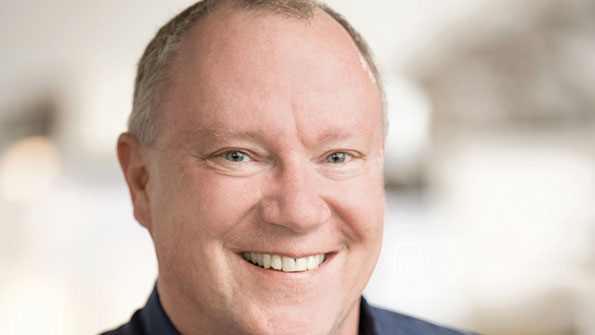Success, like beauty, is in the eye of the beholder
This morning, I chatted with Steve Devine, assistant director of the Missouri Department of Public Safety’s Interoperability Center, about a column I wrote a couple of weeks ago. The column focused on FirstNet General Manager Bill D’Agostino’s proclamation that FirstNet will not fail in its mission to build the first nationwide broadband communications network for the public-safety sector. I opined that, while FirstNet has a big job to do—and it will be a grind—it ultimately will complete its mission.
Devine brought up an intriguing question: what constitutes failure, or success for that matter? This is something that public-safety officials might want to mull. If FirstNet doesn’t hit a home run—by building a network that provides broadband data and, eventually, mission-critical voice, and is affordable in terms of user fees—will it have failed? Devine’s premise is that doubles and triples are okay too. I agree with him.
A lot of people seem to be hung up on the mission-critical-voice aspect of this initiative. And no doubt, it would be wonderful if it comes to fruition some day. That alone might solve the affordability conundrum, because mission-critical voice over LTE eventually could lead agencies to retire their LMR networks, and they then would have the financial wherewithal to join FirstNet’s network.
It also could solve the interoperability problem that still afflicts the public-safety sector, despite the advances made in the Project 25 standard. As Devine—who is a member of our editorial advisory council—pointed out to me, there are many agencies out there that do not care all that much about data, but every agency cares about mission-critical voice communications. Said another way, for many agencies data is nice to have, but mission-critical voice is essential.
But let’s say that FirstNet only is able to pull off the broadband data part. If so, the new capabilities would be light years ahead of public safety’s current data capabilities and would constitute a huge success. Moreover, if this network ushers public safety into an era where it is possible to take advantage of the economies of scale that commercial technologies offer—even if only on the data side—then that also would be a huge leap forward.
Now, let’s consider that some agencies—because of their location and/or a lack of financial/technical wherewithal—will be unable to leverage even the data opportunity. That would be unfortunate, but it would not mean that FirstNet failed in its mission. The simple truth is that there is such disparity between agencies and their capabilities from coast to coast, it might be impossible for FirstNet to come up with a network and business model that ensures ubiquitous usage.
As with most things in life, it will be important for the public-safety community to manage its expectations for this network. Most of the time, reality falls short of the dream. And this likely will be the case regarding FirstNet and its much-anticipated network. But if that does occur, it won’t necessarily mean that FirstNet failed.
For the record, I think FirstNet is going to get this done—and that includes mission-critical voice over broadband. It won’t be easy—in fact, I believe this will be the most difficult challenge that any of those involved in the effort will face in their careers. But I also believe that they are smart and motivated, and when smart, motivated people are involved, success usually follows. Think for a moment about whom these people are, and their egos—and I mean that in a good way. These are people who are not used to losing, and I don’t think they’re going to start here.
The only way that FirstNet will fail is if Congress takes the bat and ball away because it has become frustrated with a lack of progress. I don’t think that will happen, because progress already is being made, even though it might be difficult to see at this point.
I admittedly am going to mix metaphors here, but I’d like to close by reminding that this project is akin to a marathon, not a sprint. So, it’s important that all involved—from Congress to the agencies that will use this network—are patient and realistic. In fact, the effort to design and build this network really looks more like a marathon steeplechase to me, because FirstNet is going to encounter a boatload of obstacles along the way. But I think FirstNet will have the stamina to reach the finish line—though it might take 10, 20 or even 30 years. When it does, this network will be something to behold.
Far more important, this network is going to save a lot of lives, which really is all the motivation FirstNet needs to complete its task. Not only is this going to be the most challenging thing that FirstNet’s board and staff ever have taken on, it arguably is the most vital.















